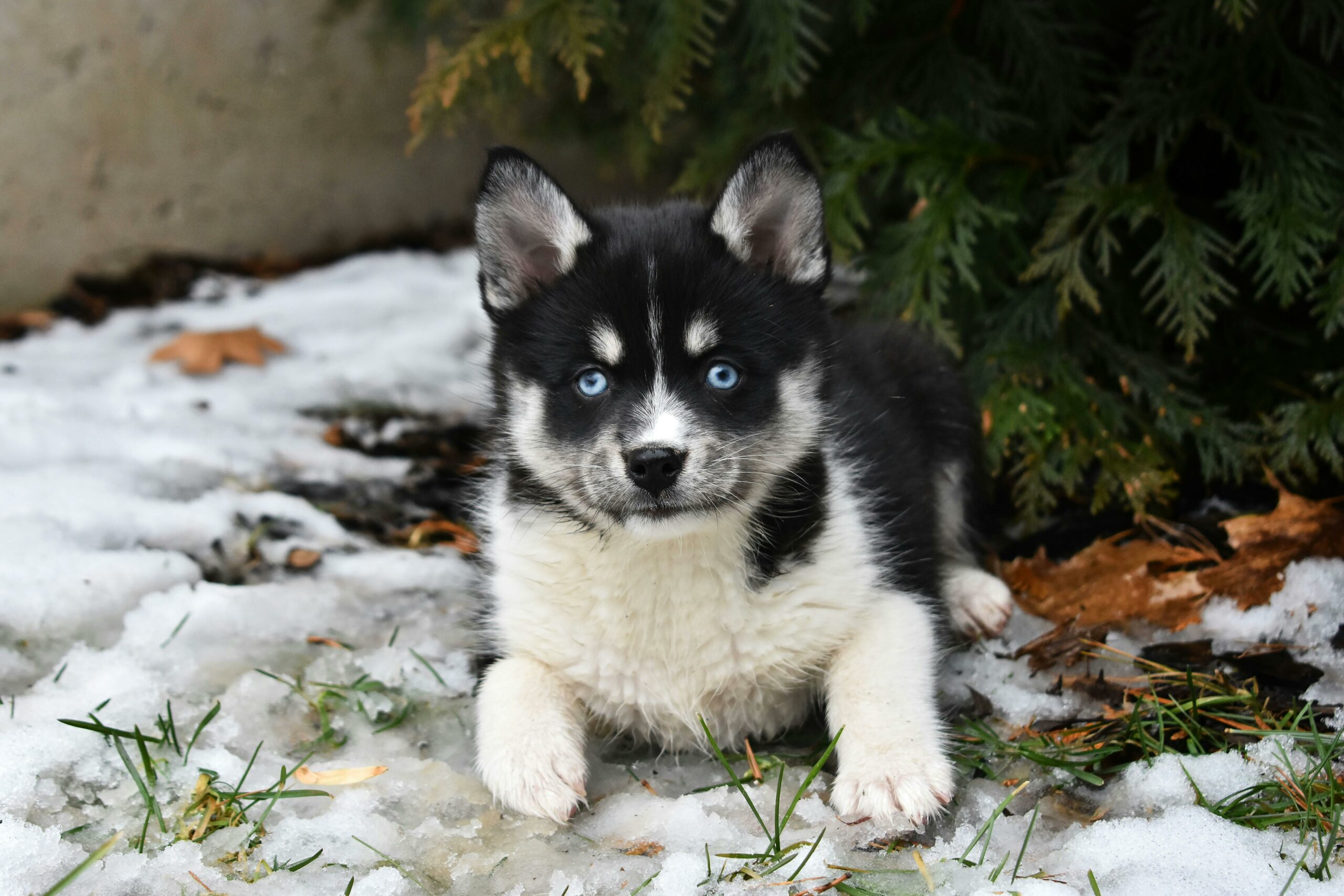Wolfdogs, the hybrid offspring of wolves and domestic dogs, captivate many with their wild beauty and mystique. However, their ownership comes with a unique set of challenges that most people will want to avoid but potential owners will have to navigate.
Laws may Prohibit Ownership
The first challenge is actually of a legal nature. In some states, wolves and wolf hybrids are not allowed to be kept as pets. Thanks to this handy reference page from BuzzPetz, you can see where your state stands.
Additionally, the classification of wolfdogs varies by location, with some areas treating them as exotic animals and others as domestic pets. This legal ambiguity has led to restrictive regulations or outright bans, making it essential for would-be owners to thoroughly research all of their local laws before considering a wolfdog as a pet. Even if your state allows wolfdog ownership, your county or city may not.
Wolf-like Behaviors
Legal restrictions are only one small consideration. A bigger point of concern is how the dog actually acts. Wolfdogs are often highly intelligent and retain many of the instinctual behaviors of their wild ancestors, which can manifest in ways not suitable for any typical household.
They often exhibit high prey drives, making them unsuitable for homes with small animals. Their need for a pack hierarchy can also lead to dominance challenges, and they may require extensive socialization to prevent aggression.
Training
Wolves do not have the instinctual desire to please humans the way domestic dogs do, unless a high-value reward is involved. So, while wolfdogs are fully capable of learning every command a normal dog can; their willingness to listen or obey readily can vary greatly. This unreliable nature poses a significant problem, especially around children.
Winter Wolf Syndrome
Winter Wolf Syndrome, also known as seasonal aggression, is a behavior observed in wolves typically between November and April. It’s associated with hormonal changes during wolves' natural breeding cycle, and wolfdogs are not exempt from this. Neutering or spaying a wolfdog can sometimes help, but it’s far from a surefire way to halt this seasonal change, either.
During this time, behavior can range from grumpiness to flat-out aggression. If it’s the latter, it can be nearly impossible for an owner to care for their dog for 3-5 months out of the year if they are not fully prepared to do so.
Financial Considerations
The cost of owning a wolfdog goes well beyond the initial purchase price. Potential owners will need to prepare for significant expenses related to secure containment systems, high-quality diet requirements, and potential property damage repairs.
Wolfdogs can be extremely destructive chewers, especially when bored or anxious, leading to unforeseen costs and damage. They can also be quite territorial, leading to them urinating (marking) in the house.
Containing a wolfdog is another set of issues, with the ability to jump over six feet from a standstill, most standard fences aren’t going to contain these dogs if they want to do something that requires them to be on the other side.
Their diet is similar to that of a typical dog, but they need higher-protein foods, fewer grains, and in larger amounts, as well as supplements that most kibble-based foods lack. Some experts claim an appropriate wolfdog diet can cost as much as $5,000 per year, which is likely more than the original cost of the dog itself.
Difficulty in Finding Veterinary Care
Finding a veterinarian willing and qualified to treat a wolfdog is a daunting task, if not downright impossible. Many vets are reluctant to work with hybrids due to their unpredictable behavior and the liability risks involved, which can leave owners struggling to provide the essential healthcare these complex pups need.
Some vets will outright refuse to see a wolfdog, while others will only see them when no one is around to reduce their potential liability. On top of that, some wolfdogs are very difficult to transport as they fear car rides. Finding an experienced vet who will make house calls is not impossible, but it is unlikely.
Rabies
The last interesting caveat in the slew of challenges faced by wolfdog owners is rabies. Thanks to vaccines, rabies isn’t the problem it used to be. The problem lies with the fact that the rabies vaccine isn’t approved for use in wolves, and by proxy, wolfdog hybrids.
In many states, if there is ever a question of whether or not a wolfdog was exposed to rabies, they will be euthanized regardless of their vaccination status. And in some cases, all it takes is a call from a fearful neighbor.
Last Thoughts
The allure of keeping and raising a wolfdog is undeniable — they have incredible natural beauty, after all. But it comes with a host of challenges that require extremely careful consideration — challenges that, conservatively, 99% of people should not be taking on. Because of unprepared owners, it’s estimated that up to 90% of all wolfdogs are put down before they reach two years old.
So, if you really want to work with wolves or wolf hybrids, find a sanctuary or zoo and volunteer. Before all else, learn from someone with experience, which will only enhance your appreciation for these incredible animals.
Photo by Darren Welsh on Unsplash



